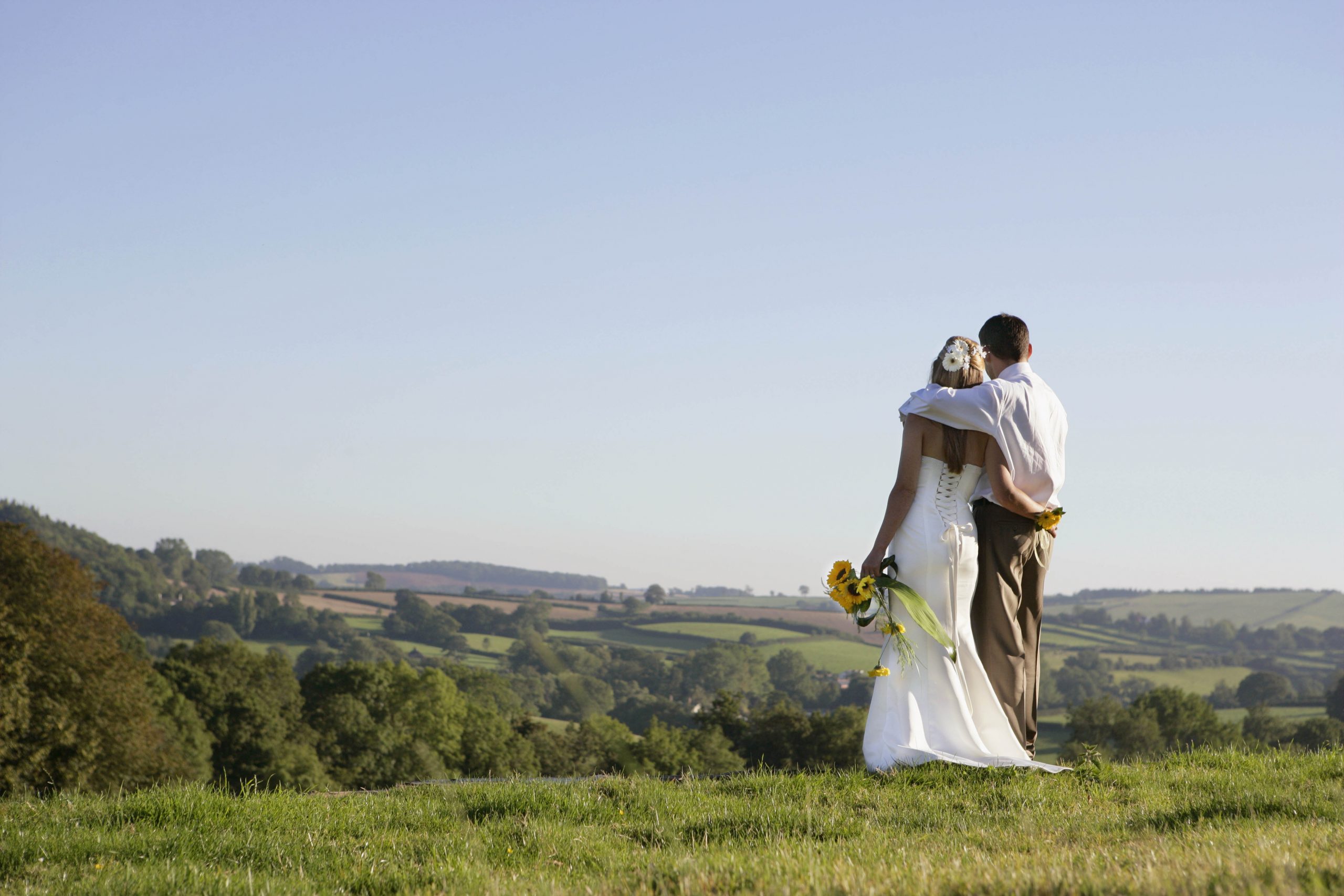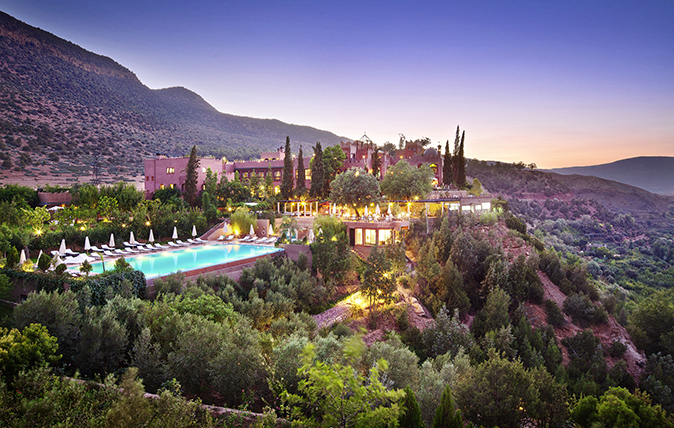The rise of the intimate wedding
Many couples who tied the knot under Covid-19 restrictions have spoken glowingly about the experience of more intimate ceremonies, which look set to stay.


Exquisite houses, the beauty of Nature, and how to get the most from your life, straight to your inbox.
You are now subscribed
Your newsletter sign-up was successful
If this past year has taught us anything, it’s pragmatism. Forced into corners with very little wriggle room, everyone has had to re-examine aspects of life that have always been taken for granted — including dashing into shops, holidays abroad and celebrating rites of passage with large gatherings of friends and family.
New habits have been formed and some of them are definitely here to stay (online grocery deliveries and the convenience of parents’ meetings via Zoom, we hope).
Another is the small, but well-planned wedding; large-scale shindigs look off the table for the foreseeable future, even as we emerge from the latest lockdown. For those whose wedding plans were blown out of the water, many did a lift-and-shift to this (or next) year, but others bit the bullet and downsized their plans to smaller affairs. Of course, modest weddings are very different — but there are some benefits.
‘Chief among the good points is that you actually know all the guests — there are no great aunts or random relatives in the mix,’ points out event organiser Johnny Roxburgh, whose own guest list, pre-pandemic, included only four people. ‘I think there are great merits to small weddings: you can have them in really special places, indulge your guests with great wine and food and create something that’s truly memorable.’
After his wedding, Mr Roxburgh and his husband, Giles, gave a party for 500. ‘Every-one who came said it was the best thing they’d been to in their lives, but the truth is that neither of us talked to anyone until the very end because it went by so quickly. It’s often the case with a big affair that the only memories you have are from the photographs and videos.’
Smaller gatherings are more intimate and the nature of them can be more akin to a country-house weekend — everyone staying together in a castle or house (ideally one that has its own chapel) for the weekend, using really beautiful china, glass and silver, rather than rented sets, and having proper linen.
For those not marrying in church, the location of the service itself can also be more unusual or imaginative — the fruit maze at Combermere Abbey in Cheshire, for example, or a folly set in a parkland landscape with a spectacular view.
Exquisite houses, the beauty of Nature, and how to get the most from your life, straight to your inbox.
The great boon is that you can personalise the day in a way that you couldn’t when entertaining hundreds, confirms Mr Roxburgh. ‘I like suggesting the use of a really beautiful fabric as a tablecloth and, afterwards, having it cleaned and made up into cushions as presents for the guests. Or decorating the room with potted plants, such as a favourite rose, and then planting them at home as a wedding garden afterwards.’
Emma Robinson’s nuptial plans to her fiancée, Alex, had already been through various incarnations before the pandemic began. Her original guest list ran to more than 200, but, uncomfortable with the expense and the volume of people, she also explored other options, including hosting in houses from Ibiza to her native Cumbria.
‘Spreadsheet upon spreadsheet, I looked at every wedding scenario. I was in a spin,’ she explains.
Then Covid-19 struck, which ‘took a lot of the difficult decision-making out of my hands. We weren’t allowed to travel and guests were limited to small numbers — it sounded perfect to me’.
The couple booked the Chelsea Old Town Hall with six bridesmaids and a dinner to follow — to take place on Christmas Eve. When Tier 4 was announced on December 19, they took a punt and called Chelsea Old Town Hall, which was able to give them a last-minute spot that evening.
‘It was raining and we forgot to press play on the film recording, but it was so relaxed and perfect for us. Afterwards, I remember wondering why I’d wasted so much time worrying about the wedding and what people would think. I know it sounds like a cliché, but none of the material stuff mattered.’
Holly Manvell and her husband, George, are also advocates of the small do, having opted for a register-office ceremony shortly before the introduction of the tier system in December.
‘I think they will continue post-pandemic,’ says Mrs Manvell. ‘So much over the past year has been thrown into sharp perspective, including what’s important, with whom we spend our money and our time and what we ask of others.’
She adds: ‘Attending multiple weddings a year in various towns and countries, with stags and hens in as many locations, wasn’t always easy on guests or couples-to-be. I think we’ll find there is something to be said for more local, smaller and, in some ways, more intimate wedding experiences.’

Country Life Top 10: Heavenly honeymoon destinations
We select the most romantic getaways around the world.
